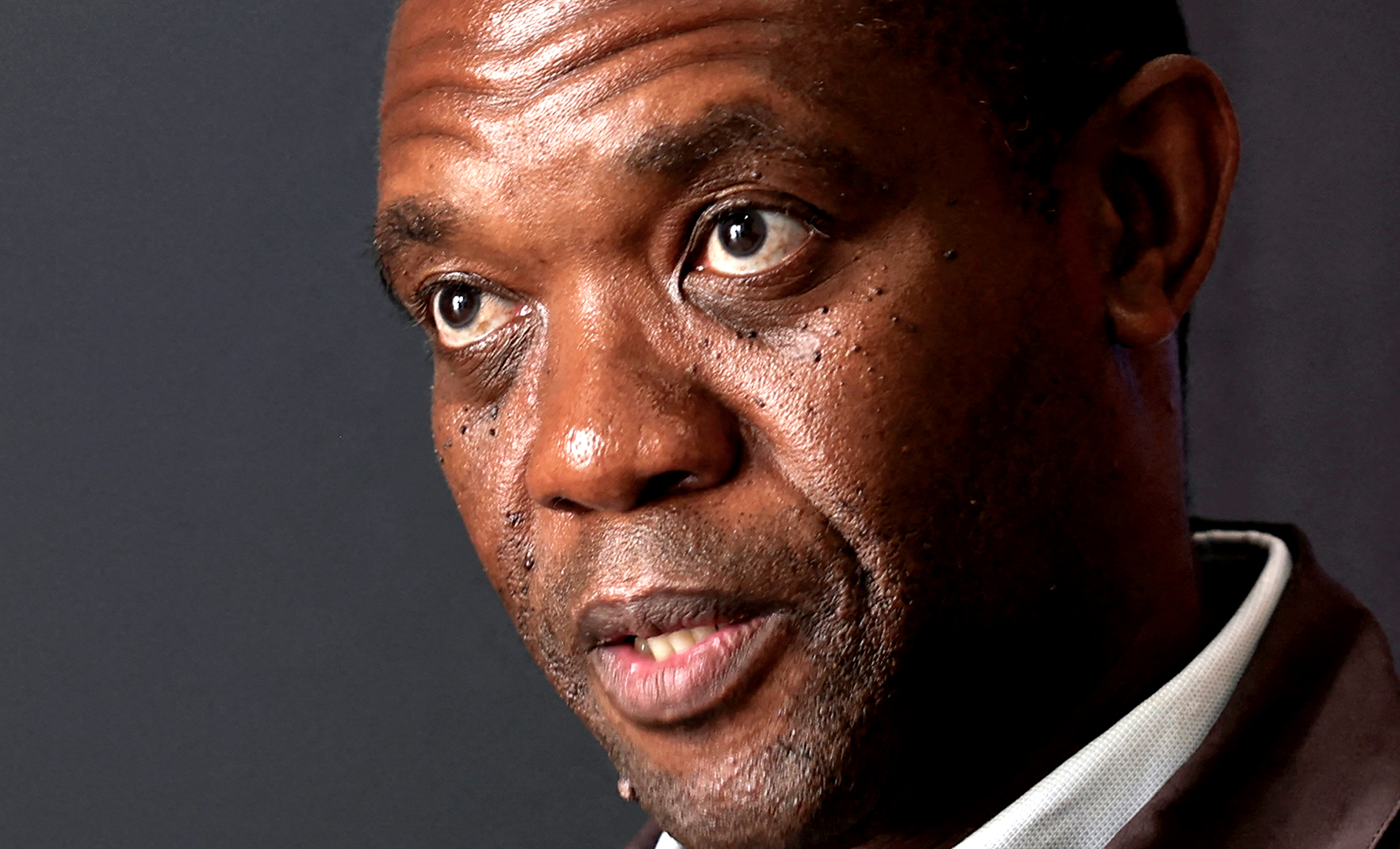‘We can’t have a meeting just for the sake of ticking-the-box compliance,” said a determined Songezo Zibi, closing off proceedings on yet another day (actually, we’ve kind of lost count) of the Standing Committee on Public Accounts (Scopa) inquiry into the Road Accident Fund (RAF). The inquiry is clashing with other plenaries, and the chairperson wants to give the meat of the financial misdealing and creative accounting some clear air for a productive discussion.
It’s a sentiment that captures the gravity of what Scopa has been unpacking: a state entity that went past cooking books to trying to erase the recipe.
Read more: The R500bn RAF accounting question nobody wants to answer
As we explained last time out, the RAF’s implosion lies in a simple accounting trick with devastating consequences. By switching accounting standards and slowing down claims processing, management could keep claims “in transit” – existing in a convenient limbo where they don’t count as liabilities on the books.
If you don’t register the claim, it doesn’t exist. If it doesn’t exist, you look solvent.
The accounting standards shell game
When Morar Incorporated was brought in to provide a technical opinion on the fund’s proposed accounting policy change, the firm did what professional advisers are supposed to do: they assessed the options against applicable standards and provided clear guidance.
Their conclusion was unambiguous. While GRAP 19 (the standard for provisions and contingent liabilities) might seem applicable, it contained an exclusionary clause that the RAF qualified for.
More importantly, the Accounting Standards Board had indicated it was developing a specific standard for social benefits, expected by 2023.
Morar’s recommendation: stick with IFRS 4, the insurance contracts standard the RAF had been using consistently since 2014/15, until the ASB issued proper guidance.
Going its own way
RAF management instructed Morar to verbally withdraw the technical opinion. The reasons? Management has the sole right to select accounting policy, and the opinion was deemed outside the scope of the original work.
The firm wasn’t even paid for the work.
When Zibi probed whether the Morar representative, Anesh Bikram, had ever been asked to retract advice in this manner, the response was a simple “no”.
“I must say it seems unusual,” Zibi observed, with the understatement that comes from having seen too many questionable practices. “Advice doesn’t have to be wholly accepted by an organisation... but to ask for advice for which you have paid... to then ask them to expunge the document from existence, at least in the universe of that organisation, seems odd.”
What Scopa uncovered was an organisation systematically eliminating any professional guidance that contradicted its preferred narrative.
The numbers tell the real story
The fund’s former chief actuary and senior actuarial manager, Itayi Charakupa, testified that the RAF has been manipulating accounting standards to hide its true debt level.
His warning was unequivocal: if the RAF processed all outstanding claims, it would run out of cash almost immediately.
The proof is in the processing times. While the strategy aimed for 120-day turnaround times, claims were actually moving through the system at an average of three years or more. Every claim sitting in limbo is a liability that doesn’t appear on the balance sheet.
Connecting the dots
Zibi showed his journalist credentials during testimony from PwC Africa people and organisation leader Dr Dayalan Govender, whose firm had conducted an organisational review in 2020.
“The Road Accident Fund used to spend some R10-billion to finalise 253,000 claims, right? It’s now using R7-odd billion for 63,000,” Zibi observed. “So, on a per capita basis you see how that number has gone the wrong way, right? And if you apply the same rate on 253,000, you’re looking at legal claims north of R20-something odd billion.”
The cost per claim has more than tripled. Legal fees, already described by PwC as “exorbitant” and “escalating on a year-by-year basis”, have spiralled further out of control.
Govender was careful to note that PwC’s role was limited to design and transition planning, not implementation.
The human cost of creative accounting
For the Association for the Protection of Road Accident Victims (Aprav), which has been sounding the alarm for more than a decade, the Scopa revelations vindicate years of warnings about unlawful practices and ministerial inaction.
“These numbers are not accounting anomalies; they are evidence of a humanitarian and fiscal crisis – lives placed in limbo by a fund that has forgotten its mandate,” Ngoako Mohlaloga, deputy chair of Aprav, said.
The stats don’t lie. Charakupa testified that between 2020 and 2024, new claims registered dropped by 65% and finalised matters declined by 58%. All, he said, the result of a deliberate strategy to support the unlawful accounting standard.
Scopa also heard how the RAF’s failure to pay more than R300-million in claims led to the forced closure of Sunshine Hospital, costing the RAF an additional R23-million in legal fees and interest.
Behind every noncompliant claim or claim stuck in processing limbo is a person; often injured, unable to work, waiting for help that the accounting standards say doesn’t exist yet.
A call to account and action
Aprav has been explicit in its demands following the Scopa hearings: the unlawful Board Notice 271 of 2022 must be withdrawn, the RAF must return to the 2008 RAF Act and original claims procedures, and all unlawfully rejected claims must be re-registered.
“We call on every South African, from civil organisations and Parliament itself, to demand transparent reform and lawful administration of the fund,” Mohlaloga continued. “The law has spoken. Now the ministry must act. Justice for road accident victims cannot wait another day.”
Scopa has since resolved to subpoena former CEO Collins Letsoalo, whose testimony the committee considers essential to understanding the decisions that led to this crisis.
As Zibi explained: “Several witnesses have made averments that fairness demands Mr Letsoalo is given an opportunity to respond. His insights as CEO of the RAF will also assist the committee to reach well-informed conclusions.”
The next steps
The chair concluded his session with PwC by articulating what should be a basic expectation: “What we all want at the end of the day... is a frictionless process that involves technology and so on, where a person can file a claim and it actually becomes possible to finalise it within a reasonable amount of time and they can access the benefits they need.”
It’s a modest aspiration: that a state entity designed to help road accident victims should actually help road accident victims. That professional advice shouldn’t be expunged from existence when it’s inconvenient. That accounting standards should reflect reality rather than obscure it.
The inquiry continues. The victims keep waiting. And somewhere in the depths of the RAF’s systems, claims sit in transit, neither registered nor rejected, existing in the accounting equivalent of purgatory; invisible on the balance sheet but very real to the people who desperately need them processed. DM





 BM_Lindsey_RAF vs ASB MAIN
BM_Lindsey_RAF vs ASB MAIN